
China’s Fracturing Friendships: Strains with Russia and North Korea
In their highly publicized meeting on Feb. 4, 2022, Chinese President Xi Jinping and Russian President Vladimir Putin orchestrated a display of unity and camaraderie, declaring that the friendship between the two countries has “no limits.”
Despite these outward demonstrations of solidarity, genuine trust remains elusive between China and Russia, whose shared history is marred by border conflicts stemming from ideological and territorial disputes. The tensions culminated in armed clashes in 1969. Yet this facade of friendship persists due to their shared goal of disrupting the U.S.-led global order.
However, it has become increasingly clear that their friendship has limits. For instance, Diplomatic sources reveal that Beijing has recently prohibited its senior officials from taking work smartphones to Russia, a measure apparently aimed at preventing internal information from being stolen by the Kremlin. This precaution is believed to already be in place for their trips to the U.S. The order indicates China’s heightened concern about Russian espionage.
The recent moves by Russia and North Korea to forge a closer strategic partnership have highlighted this growing strain between Beijing and Moscow. During his visit to North Korea in June, Putin signed a military pact, which states that if one side is “put in a state of war by an armed invasion,” the other side will “provide military and other assistance.”
China, which has been acting as North Korea’s key patron, responded coolly, with the country’s foreign ministry spokesperson dismissing the agreement as a “bilateral issue” between Russia and North Korea.
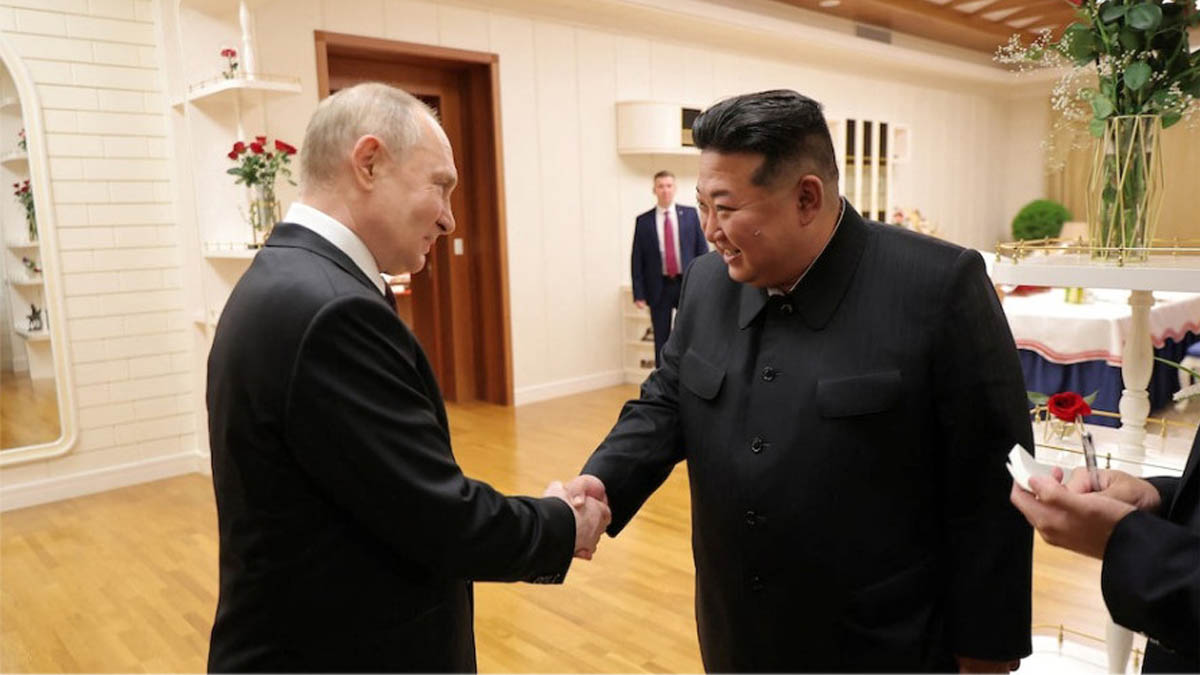
According to Chinese experts familiar with the internal affairs of their government, the Xi administration is displeased with the Russia-North Korea pact for at least two reasons.
First, Russia’s military support could embolden the North Korean forces, making it harder for Beijing to maintain control over Pyongyang. Chinese leaders fear that a strengthened North Korean military could further accelerate its military provocations against South Korea, potentially drawing China into a military conflict in its own backyard.
When Putin visited China in October, Beijing raised these concerns with him. According to the experts, Chinese leaders conveyed their reluctance to Putin regarding Russia’s assistance to North Korea in enhancing its arsenal of nuclear missiles, though they indicated an openness to closer military cooperation between Moscow and Pyongyang.
Second, if North Korea strengthens its position as a nuclear power, Pyongyang might attempt to leverage its nuclear capabilities to negotiate directly with Washington, bypassing and presenting a geopolitical nightmare to Beijing, which considers North Korea a buffer against American influence on the Korean Peninsula.
Although a U.S.-North Korea rapprochement seems unlikely, it could become a possibility if Trump is reelected in November. A former Trump administration official reveals that Trump has retained a letter from the North Korean leader, which he praised as “beautiful,” and remains committed to pursuing a substantial diplomatic breakthrough.
Over the past two years or more, China and Russia have maintained outward unity despite increasing mutual distrust and dissatisfaction, exacerbated by developments leading up to the Russian invasion of Ukraine. Less than a month after declaring a “no limits” friendship between China and Russia, Putin initiated an invasion of Ukraine. The full-scale nature of the assault clearly caught Beijing off guard.
“China is still angry with Russia,” a former senior Chinese military officer told me last year. “Putin must have already decided on the large-scale invasion when he and Xi signed the document on their ‘no limits’ friendship.
“We had U.S. information about a possible Russian move, but Moscow never revealed its true intentions, even though we had asked many times.”
The unhappiness is mutual. From spring 2022 to fall 2023 — while Russia was engaged in intense battles with Ukraine — Moscow repeatedly requested lethal weapons from China only to be refused due to Beijing’s concerns about violating U.S. sanctions.
It appears that Putin’s frustration and disappointment with China have prompted him to turn to North Korea. In September 2023, he invited Kim to Russia’s Far East and reached an agreement with him regarding North Korean supplies of ammunition and missiles to Russia, thereby laying the groundwork for a closer strategic partnership.
If Trump returns to office in November, the unity between China and Russia could be severely tested. Trump, who appears to respect Putin’s authoritative approach, maintained friendly ties with Russia during his tenure and would likely seek dialogue with Putin to negotiate a cease-fire in Ukraine.
However, Trump is expected to adopt a tough stance toward China right from the beginning.
His diplomatic adviser suggests Trump would consider measures such as imposing high tariffs on a wide range of Chinese imports and tightening restrictions on the entry of senior Chinese Communist Party officials into the U.S.
Improved U.S.-Russian ties would inevitably strain the bond between Russia and China, one that has largely been forged on mutual anti-U.S. sentiment.
- Monsoon Winds and Low Pressure System Bring Cloudy Weather and Rainfall Across Nepal
- Scam Hubs Surge in Myanmar as China Shifts Focus to Supporting Military Regime
- Navaratri Festival Commences in Nepal, Ghatasthapana Observed
- Death Toll from Floods and Landslides Rises to 233, Rescue Efforts Ongoing

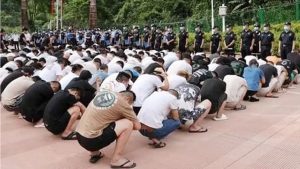


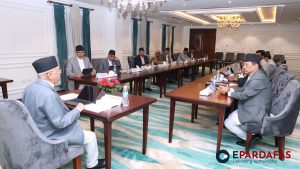

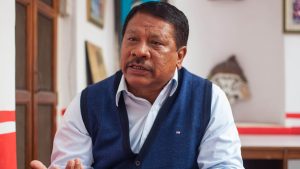
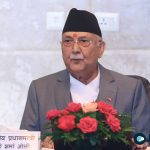
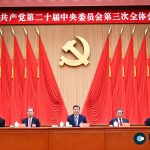

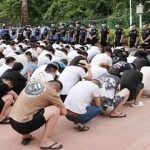


Comments